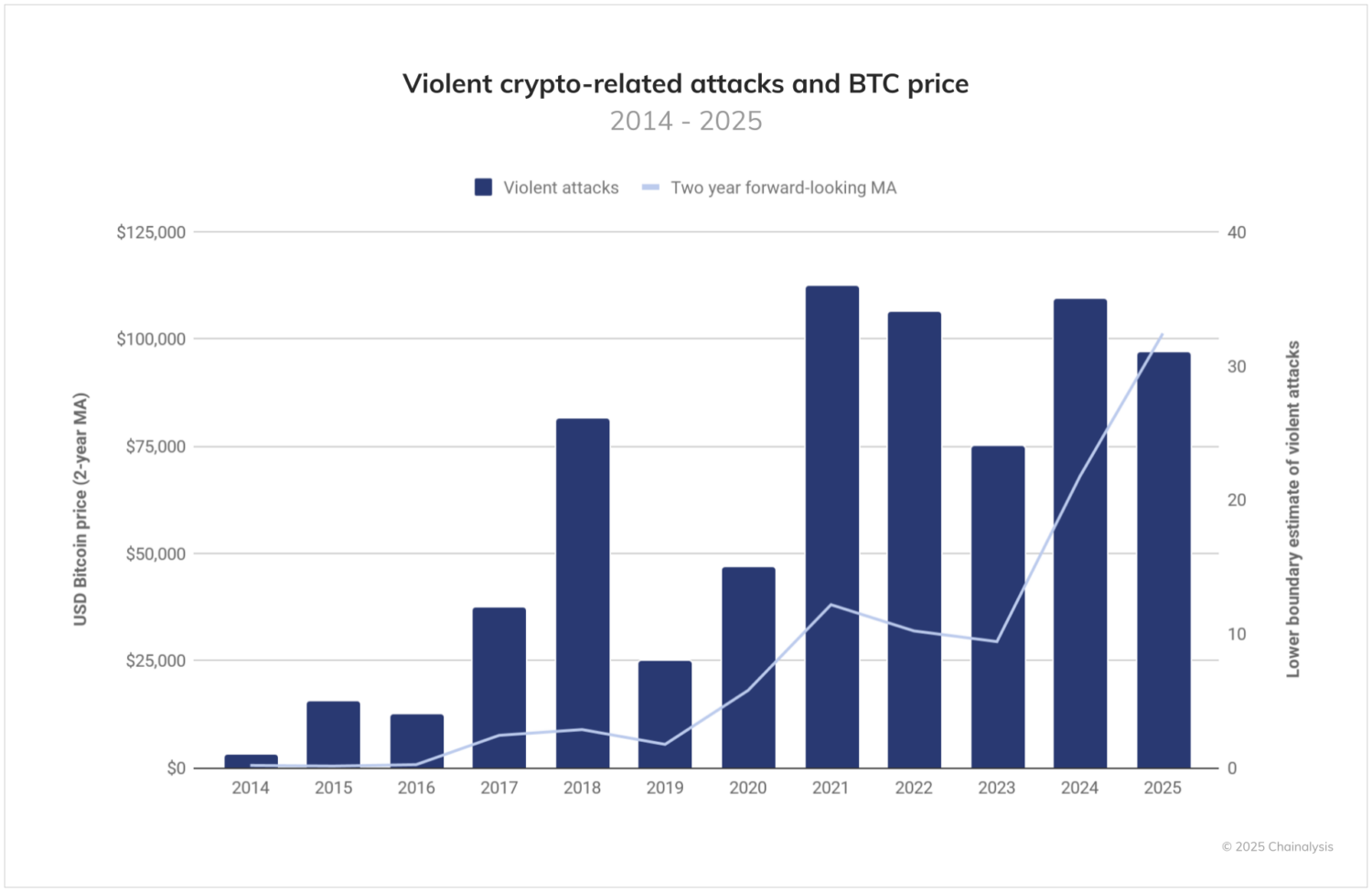With the announcement of a Rmb300bn ($41bn) fund to support government purchases of unsold housing, the Chinese government last week appeared to finally unleash major firepower to tackle a three-year slowdown in the country’s real estate market.
But while the new measures may mark a turning point in a crisis that has weighed heavily on China’s economy, analysts and economists said the hundreds of billions of renminbi was nowhere near enough.
“This is a drop in the ocean given the scale of unsold stock,” said Harry Murphy Cruise, an economist at Moody’s Analytics.
Goldman Sachs estimated last week that, based on cost, China has Rmb30tn of unsold housing inventory, spanning land and completed apartments — equivalent to 10 times the amount sold last year.
While estimates of China’s unsold housing stock vary, they typically dwarf the funding unveiled by the People’s Bank of China on Friday. The money is intended to be lent through banks to help local state-owned enterprises buy unsold properties, which could then be used as social or affordable housing.
“No matter how you slice and dice it, it just seems the size and scale of the problem is a lot bigger than at least what we can see [of] the central government committed funding,” said Hui Shan, chief China economist at Goldman Sachs. “The maths [shows] there is an oversupply problem in the housing market.”
After decades of breakneck expansion, China’s vast property sector ground to a halt in 2021 after major private developers such as Evergrande ran out of cash. A year earlier, Beijing, wary of an overheating real estate market, had imposed leverage curbs on the sector.
Since then, safer, state-linked developers have become embroiled in the slowdown and confidence has failed to bounce back.
Beijing has responded mainly by encouraging the completion of unfinished residential projects, which are typically bought in advance in China.
Its new measures released on Friday, which also included scrapping minimum mortgage rates and lowering first-time homebuyers’ downpayments, reflected the need to more urgently resuscitate the market that had for decades anchored economic growth and household wealth in China.
But the move highlighted the same caution that led policymakers several years ago to rein in expansive private developers amid fears of overheating development.
“This is not like the great financial crisis where the Federal Reserve comes out to buy all the troubled assets of the financial institutions,” said Leonard Law, senior credit analyst at Lucror Analytics in Singapore. “What China is trying to do is much more targeted,” because it “still has to combat moral hazard and be careful not to reinflate the bubble”.
At a press conference in Beijing on Friday, the term “marketisation”, a common refrain referring to the need for market-orientated principles in policymaking, was mentioned 15 times.
Such principles, said Law, were evident in all the measures Beijing has taken during the property crisis, and ultimately meant that the approach “has to be profitable or at least it has to be not lossmaking for whichever government entity is extending support”.
Policy measures in the past, including the unveiling of credit lines to developers from state banks, have failed to restore confidence.
Morgan Stanley analysts said that the new measures “strike a good balance between providing some cushion while letting the property cycle run its course without expanding risks for local state-owned enterprises and banks”.
But falling prices have imposed an increasingly pressing financial risk over the course of the three-year housing slowdown. New home prices in April dropped at the fastest monthly rate in nine years.
And Goldman Sachs estimated that, in addition to the unsold housing stock, there were 90mn-100mn units of “shadow supply” in China that were often bought as investment properties and had not been lived in.
“China’s financial system is very much bank-driven and bank loans are very much collateralised by real estate in one form or another,” said Shan at Goldman Sachs. “That could be a reason why they think it’s important to put a floor on prices.
“I think this is maybe the beginning of a new approach,” she added. “If they realise prices continue to fall and sales are not picking up, I imagine the central government will have to step up the funding they are providing.”
UBS has estimated that, based on the inventory in 35 large cities, it would cost the government up to Rmb2.4tn to reduce excess inventory of completed but unsold homes to normal levels.
UBS chief China economist Tao Wang said while the PBoC’s figure was less than that, the direction of the policy was encouraging. “We think this is probably a starting point and we think likely it will require more but how much more it is not clear,” she said at a media briefing on Monday.
She added that the measures would not affect her forecast of GDP growth of 4.9 per cent this year. “We don’t really expect major recovery or growth” in the real estate market this year, she said. “We are just looking for stabilisation.”
Long before Friday’s announcement, the government said it would increase social housing as part of a wider push for redistributive policies. Under its 14th five-year plan, unveiled in 2020, Beijing committed to providing 6.5mn government-subsidised rental homes in 40 cities.
Karl Choi, head of Greater China property research at BofA Global Research, said the new measures could “kill two birds with one stone”.
“We in the markets were thinking, you already have too much oversupply, why would you build more social housing?” he said.
He added that the push for affordable housing related to higher-tier cities with population inflows.
The relending facility was “not huge, but it’s not insignificant,” Choi said, pointing to its potential use in tier-2 cities.
In lower-tier cities, where many developers aggressively expanded in pursuit of higher margins, the relevance of social housing is less clear-cut.
“We need to recognise the government is not going to be able to buy up all the inventory,” said Shan. “They’re going to have to make an effort to selectively buy in certain cities and design the programme to achieve their policy objectives. Whatever they’re doing right now is hugely insufficient.”
Additional reporting by Wenjie Ding in Beijing
Credit: Source link













